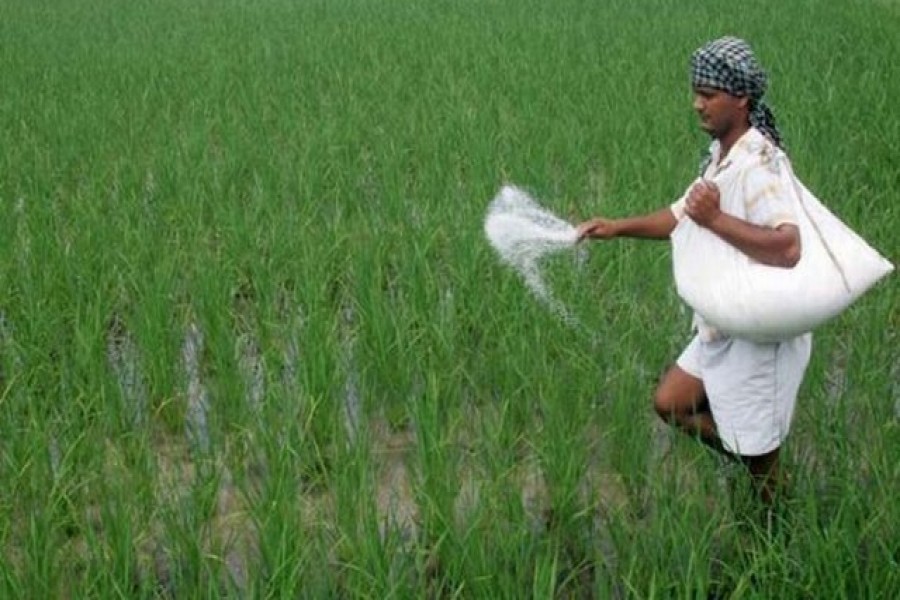The government has allocated Tk 827.45 billion as subsidies for fuel and fertiliser, accounting for 1.9 per cent of the GDP in the budget for the financial year 2022-23.
The allocation is Tk 199.2 billion or 23.82 per cent more than the revised budget for the current fiscal.
However, considering the price trend of oil, gas, and fertiliser in the international market, the subsidies or incentives spending could be 15 to 20 per cent higher than estimated due to the rising prices of commodities globally, Finance Minister AHM Mustafa Kamal said in his budget presentation for the next fiscal on Thursday.
This might pose a challenge in the budget management for the next fiscal year, he added, reports bdnews24.com.
In the budget for FY2021-2022, the allocation for subsidy and incentive expenditure was Tk 538.52 billion.
“Due to the rise in prices of fuel and fertilizer in the international market, the government had to increase subsidies/incentives expenditure on fuel, electricity, gas, and fertilizer. So, the estimates of subsidy and incentives expenditure on the revised budget of FY2021-2022 had to be increased to Tk. 66,825 crore (1.70 per cent of GDP),” Kamal said in his budget speech.
The subsidies management is under pressure due to current circumstances.
Kamal pointed out “price hikes in the international market and controlling imported inflation in the local market originating from the global price rise” as major challenges for Bangladesh.
“It is to be noted that importing the same volume of nine essential commodities for Bangladesh (crude oil and refined oil, LNG, wheat, fertilizer, palm oil, coal, soybean oil, maize and rice) would cost an additional US$ 8.2 billion in 2022 in comparison to 2021 due to price hike,” he said.
“Besides commodity prices, prices of industrial raw materials, other consumer goods prices, and the cost of international transportation are also rising. Consequently, there is a pressure of imported inflation in the local market.”


